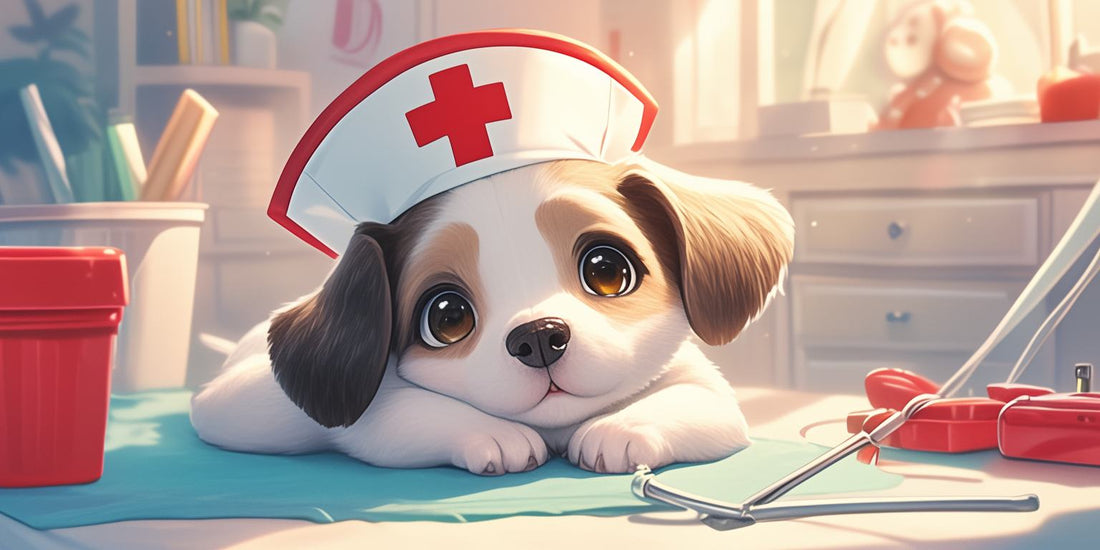1. Protecting Pets Through Vaccinations
Vaccinations play a vital role in safeguarding the health of our beloved cats and dogs. These preventative shots help shield pets from potentially deadly diseases like rabies, distemper, feline leukemia, and canine hepatitis. The specific vaccination needs for each pet will depend on factors such as age, lifestyle, overall health status, and risk of exposure. Consult your veterinarian to develop an appropriate vaccination protocol tailored to your furry friend's unique circumstances.
2 The Benefits of Spaying and Neutering
Each year, millions of dogs and cats end up in animal shelters across the nation, either lost, abandoned, or born as strays. Spaying (females) and neutering (males) is an effective way to prevent overpopulation and reduce the number of homeless pets. This surgical sterilization can safely be performed as early as 6-8 weeks old. Beyond controlling pet population, spaying/neutering offers health benefits including a lower risk of certain reproductive cancers and reduced roaming tendencies that can lead to pets becoming lost.
3. Keeping Pets Secure During Travel
When hitting the road with your furry companions, proper pet restraint is crucial for everyone's safety. Allowing dogs and cats to roam freely in a moving vehicle is a dangerous driving distraction and puts them at serious risk of injury or death in a crash or sudden stop. Cats should be kept in hard-sided carriers secured with a seatbelt, while dogs require a crash-tested pet safety harness or anchored crate. Never let dogs ride in front seats where deploying airbags could harm them, and avoid having them hang out of windows or ride untethered in truck beds.
4. Permanent Pet Identification
Only around 14% of lost pets are reunited with their families due to lack of identification. Microchipping and tattooing provide permanent methods of ID that can help quickly reunite lost pets with their owners. A microchip, about the size of a grain of rice, is injected under the pet's skin and can be scanned by vets and shelters. Tattooing is another option. With these identification tools, lost pets have a much better chance of not becoming permanently separated.
5. Keeping Pets at a Healthy Weight
Obesity is a growing issue for our furry friends, just as it is for humans. Carrying excess weight puts pets at higher risk of developing serious conditions like diabetes, arthritis, and cancer. The primary cause of pet obesity is overfeeding, as most owners significantly overestimate their pet's true caloric requirements. A sedentary 10-pound cat, for example, only needs around 240-350 calories per day. Work with your veterinarian to determine your pet's ideal weight and appropriate dietary plan based on factors like age, size, and activity level.
6. Enriching Your Pet's Environment
While physical health is crucial, providing an enriched environment that allows for mental stimulation is also key to your pet's overall wellbeing. For dogs, this means daily walks to exercise and experience new sights and smells. Indoor cats need scratching posts, window perches, and a rotating selection of toys to keep them entertained. Regular playtime with human family members allows dogs and cats to stay physically fit while also strengthening the human-animal bond.
7. Preventing Parasites in Pets
Fleas are the most pervasive external parasite plaguing our cats and dogs. They can cause severe skin issues like irritation, hair loss, hot spots, and infections. Fleas also have the ability to transmit internal parasites like tapeworms if the pet ingests an infected flea. To protect against these pests, year-round flea prevention medication is essential along with deworming treatments. In areas where heartworm is prevalent, preventative heartworm drugs are also critical. Always consult your veterinarian about safe, effective parasite control products formulated specifically for your pet.
8. The Importance of Annual Vet Visits
Like humans, our dogs and cats need regular medical checkups to catch any health issues early and keep them in optimal condition. Annual wellness exams by a licensed veterinarian are one of the most important things pet owners can do. These visits allow vets to thoroughly evaluate nutrition, weight, dental health, vaccination needs, and perform any recommended diagnostic tests based on the pet's age, breed, and health profile. These preventative care appointments are invaluable for maintaining your furry friend's quality of life.
9. Good Dental Hygiene for Pets
Dental disease is one of the most common yet preventable medical conditions affecting pets. By age 3, an estimated 80% of dogs and 70% of cats show signs of dental issues like periodontal disease, tooth loss, and tooth pain. To protect your pet's mouth from painful complications like abscesses and infections, establish a dental care routine that includes professional cleanings by your vet as well as daily at-home tooth brushing and any other treatments your vet recommends such as dental chews or rinses.
10. The Dangers of Giving Pets Human Medications
Human medications, including common over-the-counter drugs like ibuprofen and acetaminophen, can be extremely toxic and even fatal if ingested by dogs and cats. In 2010, human medications ranked among the top 10 pet toxins reported to the ASPCA Animal Poison Control Center. These medicines can cause severe reactions in pets including kidney damage, seizures, and cardiac arrest. If you suspect your pet has consumed any amount of human medication or an unknown toxic substance, immediately contact your veterinarian or the pet poison control hotline.

